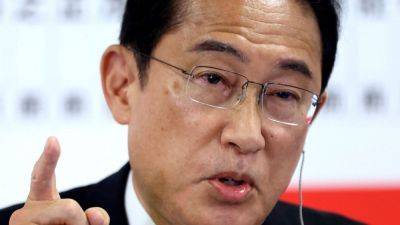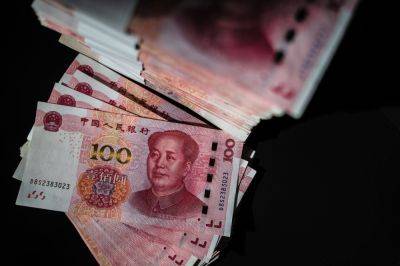Bank of Japan raises its key interest rate, aiming to curb yen’s slide against the dollar
TOKYO (AP) — The Bank of Japan raised its key interest rate Wednesday to about 0.25% from zero to about 0.1%, acting to curb the yen’s slide against the U.S. dollar.
The move was widely expected, and the yen gained sharply against the dollar ahead of Wednesday’s decision, trading at 152.75. But the dollar rebounded slightly after the decision, to 153.17 yen.
Share prices in Tokyo rose 0.2% after the decision, to 38,612.30.
The central bank has kept interest rates near or below zero for years, seeking to spur inflation in hopes that would sustain stronger growth for one of the world’s largest economies.
That strategy has proven controversial. It did help to end a prolonged bout of deflation, or falling prices. But since wages failed to keep pace with price increases, consumers have tended to spend less rather than more.
Still, the bank said conditions warranted a change. A weak yen has pushed prices in Japan higher since it makes imported gas, oil and other necessities more expensive. The main index of inflation has exceeded the BOJ’s target of about 2% for months.
“Inflation expectations of firms and households have risen moderately,” the BOJ said in its policy statement. “The year-on-year rate of change in import prices has turned positive again, and upside risks to prices require attention.”
The ultra-lax monetary policy also involved massive central bank purchases of Japanese government bonds and other assets to inject cash into the economy. The BOJ has been moving toward unwinding that stance but was wary of stifling growth by raising the cost of borrowing.
On Wednesday, it said it would reduce the amount of its purchases, which long were held at tens of trillions of yen a month, so that they will be about 3 trillion





